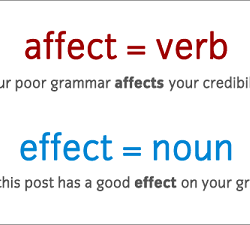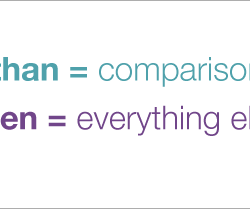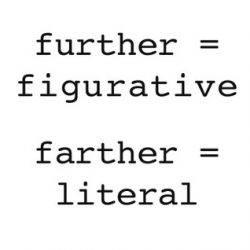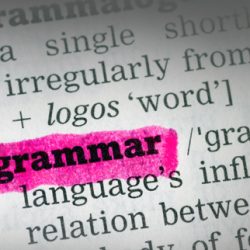The Verb to Be in Spanish: Stop Confusing Ser, Estar, and Haber
Distinguishing between ser, estar, and haber is notoriously difficult for learners of Spanish, as most languages have only one word for the verb to be. This article will explain the main differences between the three verbs. 1. Ser or estar? “Ser” is used to describe characteristics that are deemed essential or permanent, whereas “estar” to[…]










